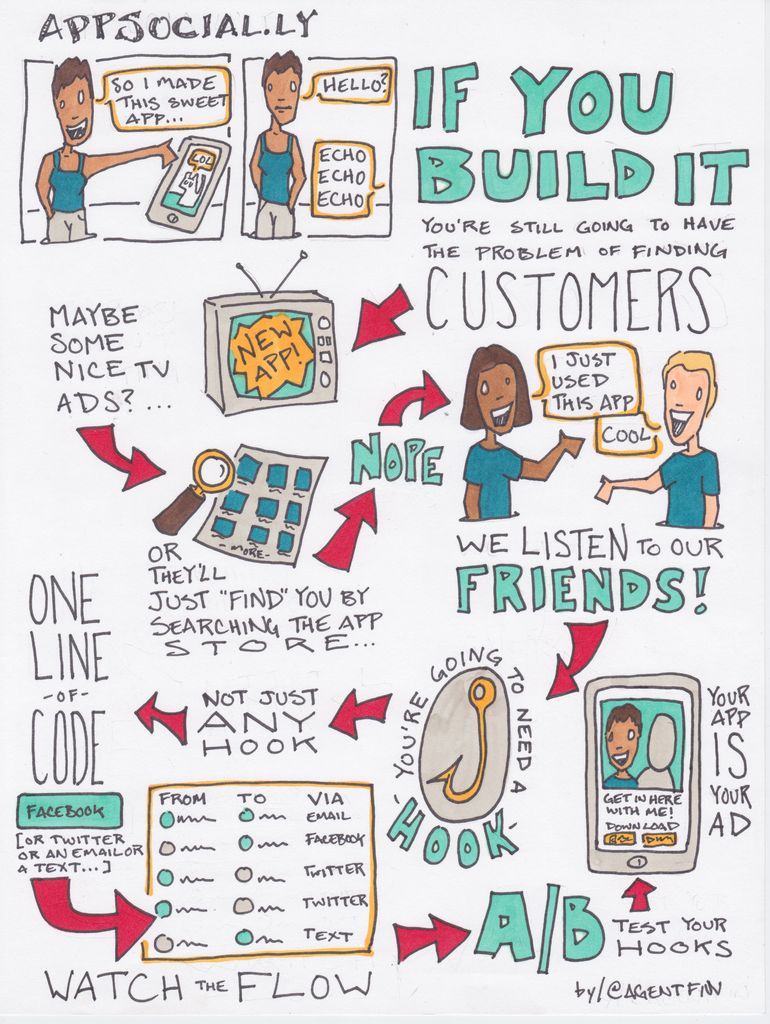Finance Sector Encountering SOX Compliance: A Crucial Juncture!
Venturing into the Turbulent Financial Reala: Unpacking the Sarbanes-Oxley Act (SOX)
The world of finance is a whirlwind of transactions, rules, and evolution. At the core of it all? Maintaining transparency and integrity in financial reporting. Enter the Sarbanes-Oxley Act, or SOX - a pivotal piece of legislation that's shaken up the financial realm since its introduction in 2002.
This law was born from the ashes of corporate scandals, such as those involving Enron, Tyco International, and WorldCom. Its mission? Rebuild trust in the financial markets and stamp out fraudulent practices by enforcing SOX compliance.
Getting to Know SOX
Created to resurrect confidence in the financial sector, SOX focuses on enhancing financial disclosures and combating corporate and accounting fraud.
Key Elements of SOX
While the Act comprises several sections, some stand out for their impact:
- Executive Responsibility for Financial Reports: This section requires senior execs to certify the accuracy and completeness of financial reports.
- Annual Assessment of Internal Controls: Companies must annually demonstrate the effectiveness of their financial auditing controls.
- Penalties for Document Alteration: This focus on the destruction or falsification of records and the corresponding penalties.
The Impact on Public Companies
SOX has instigated a seismic shift in the operations of public companies, particularly in the US:
- Financial Transparency: Companies must now supply extensive disclosures on off-balance sheet transactions, proforma figures, and special-purpose entities.
- Accountability: Personal certifications by corporate officers have heightened responsibility, with non-compliance or intentional violations leading to penalties, including imprisonment.
- Whistleblower Protection: SOX guards those who report violations from retaliation.
A Critical Eye on Costs
While SOX's intentions were honourable - protecting investors - it hasn't been without its opponents. One recurring critique concerns the costs associated with compliance.
Global Reach of SOX
SOX ripples don't stop at the US border. Many countries have been inspired by its robustness, crafting similar legislation. The U.K.'s Combined Code and Japan's J-SOX are examples.
The Intersection of Technology and SOX
As digital tools proliferate, the landscape of financial reporting and compliance has transformed. Cloud-based systems, automation, and AI-powered analytics have streamlined many aspects of financial processes. However, they've also introduced new complexities. Ensuring that a company's technological infrastructure is secure, and financial data is accurate and tamper-proof is essential from a SOX perspective. Regular cybersecurity assessments, and the adoption of encrypted, secure platforms for financial transactions and reporting, are the norm.
The Human Element in Compliance
While technology plays a significant role, the human factor in SOX compliance can't be ignored. Effective training programs for employees at all levels, particularly those directly involved in financial reporting, are vital. Companies must nurture a culture of compliance, where individuals understand the gravity of SOX mandates and their roles in upholding them. Beyond just routine training, fostering an environment that encourages open dialogue about financial practices, ethical dilemmas, and potential areas of concern can make a significant difference. It's not just about avoiding penalties; it's about cultivating a workforce that actively engages in preserving the company's financial integrity.
The New Normal of SOX in a Post-Pandemic World
The pandemic has ushered in unforeseen challenges for businesses - and SOX compliance hasn't escaped unscathed. Remote working has complicated adherence to compliance standards. Economic uncertainties have raised the stakes for impeccable financial reporting. Companies have had to adapt, not just by leveraging technology, but also by reassessing their financial strategies, internal controls, and audit processes.
Navigating the Future with SOX
SOX is fluid, adapting to the ever-changing financial world. For businesses, it's not just about compliance; it's about understanding the essence of the law. Staying agile, continually updating one's knowledge, and embracing transparency is key in this evolving landscape. The confluence of trust, transparency, and robust financial practices will shape the financial world's future, with SOX acting as its solid foundation.
- In the realm of global trade, the Sarbanes-Oxley Act (SOX) has influenced public companies to automate their financial processes, leveraging technology to boost their internal controls and financial reporting transparency.
- As companies embrace digital supply chains to enhance efficiency in finance, it's crucial to assure that the technological infrastructure is secure and the financial data is accurate, meeting the compliance requirements set by SOX.
- To maintain compliance in a post-pandemic world, where remote working is prevalent, businesses need to reevaluate their financial strategies, internal controls, and audit processes, keeping the spirit of SOX in mind—a relentless focus on accountability, integrity, and transparency in the financial reporting.







